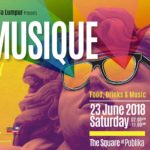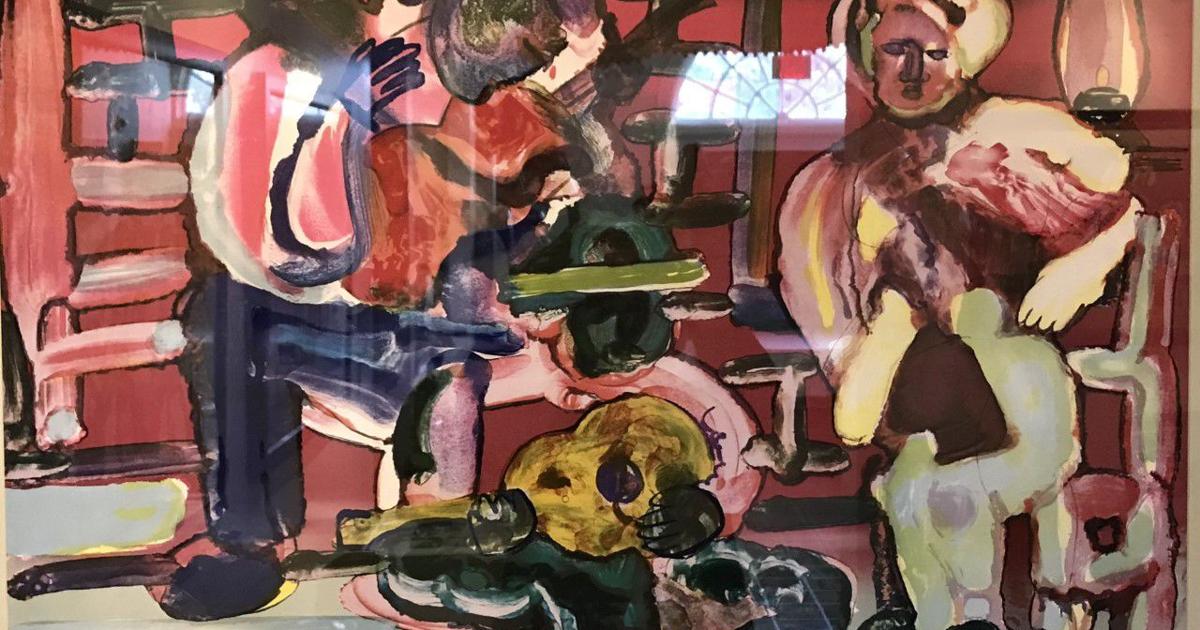Notebook 10, l'enfance de sanbras
2021 - Installation (Installation)
26 x 24 cm
Kelly Sinnapah Mary
Notebook 10 , l ‘enfance de sanbras (The Childhood of Sanbras) series by Kelly Sinnapah Mary is a sequel to an earlier series by the artist titled Cahier d’un non retour au pays natal (2015). This earlier work considers the process of reconstructing an identity of the Indian workers who arrived in the Caribbean during the post-slavery period. The work addresses the conditions of recruitment of these Indian workers, the strategies of the recruiters, how they lured them onto ships to bring them back to the plantations. Inspired by two authors, Aime Cesaire and Khal Torabully, the artist reinterprets masterworks of Caribbean literature. The Childhood of Sanbras series approaches another axis of reflection wherein Sinnapah Mary engages with her experiences and memories as a child, and the characters she identified with, while exploring current stories about the Indian diaspora in the French West Indies. Working with the concept of memory, her notebooks function like diaries in which characters take form and retell a story through drawings and sculptures that refer to a ludic universe of children. The series introduces the stories of Sanbras, a little girl in a school uniform and braids—an element so present in the artist’s practice that serves as a metaphor for the construction of identity through the gesture of braiding. The artist’s narrative mixes elements of Caribbean culture, Maroons, and Hinduism. Sanbras, in some of the works, has extra arms, legs, or a third eye. The little girl meets other friends throughout the story and builds a community. This resilient new village formed by Sanbras is a reference to the Marronage, of which she is part and wishes to build a new ecosystem. In the sculptures that accompany the notebooks, the artist explores Sanbras in a more material and corporeal manner, giving another dimension to the character through an ingenuous naivety.
Kelly Sinnapah Mary is a multidisciplinary artist who’s work is informed by the diasporic journey of her ancestors. She is the descendant of indentured laborers sent from India to Guadeloupe by the French Government in the 19th century to replace the free labor of the transatlantic slave trade. Sinnapah Mary’s practice reflects on her Indo-Caribbean identity by unpacking the details of her ancestors’ middle passage to Guadeloupe. Through the lens of science fiction, she often explores the so-called feminine universe; working with floral themes, soft materials, and fairy tales, using techniques that contrast the poignant and politically charged subject matter she addresses. From this friction, Sinnapah Mary traces her ethnic heritage, while questioning her roots as someone caught in two nested worlds—confronting concepts of ‘negritude’ and ‘coolitude’. ‘Coolie’, an expression coined by Caribbean poet Khal Torabully, is a pejorative name given to Indians who migrated to the Caribbean.
Colors:
Related works sharing similar palette

© » KADIST
David Horvitz
2021On March 30, 2015, at 5:52am, David Horvitz caught his daughter, Ela Melanie, as she was being born, in the back of an Uber driving through Midtown Manhattan...
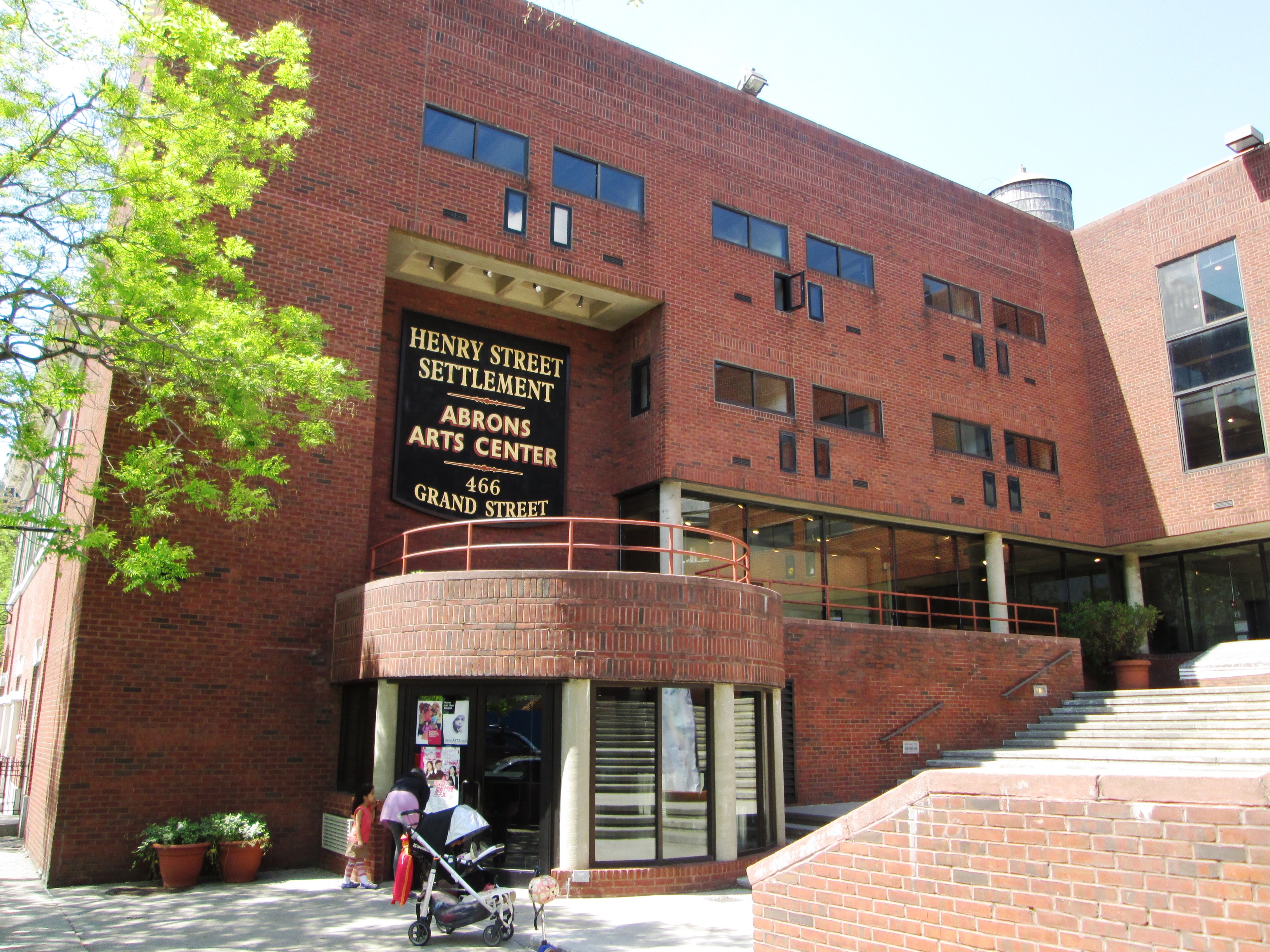
© » AFC
Revolution for the Family: Heather Bhandari and Nikki Columbus on Pandemic Parenting, Art, and Activism About AFC Board AFC Editions Donate Art F City Revolution for the Family: Heather Bhandari and Nikki Columbus on Pandemic Parenting, Art, and Activism by Paddy Johnson and William Powhida on May 19, 2020 Explain Me + Podcast Tweet The Abrons Art Center has paid all their staff and performers during the shutdown...

© » SLASH PARIS
Dominique Gonzalez-Foerster — Nos années 70 (chambre) — Chantal Crousel Gallery — Exhibition — Slash Paris Login Newsletter Twitter Facebook Dominique Gonzalez-Foerster — Nos années 70 (chambre) — Chantal Crousel Gallery — Exhibition — Slash Paris English Français Home Events Artists Venues Magazine Videos Back Dominique Gonzalez-Foerster — Nos années 70 (chambre) Exhibition Mixed media Dominique Gonzalez-Foerster, Nos années 70 (chambre), 1992...

© » KADIST
Toyin Ojih Odutola
2013Ojih Odutola uses a distinctive visual style to capture members of her family, rendering them one pen stroke at a time, until their skin resembles ribbons woven into the contours of a face, neck, or hand...

© » DAZED DIGITAL
The best East Asian films of 2023 | Dazed â¬…ï¸ Left Arrow *ï¸âƒ£ Asterisk â Star Option Sliders âœ‰ï¸ Mail Exit Film & TV Dazed Review 2023 From Ryusuke Hamaguchi’s long-awaited Evil Does Not Exist, to Hirokazu Kore-eda’s ‘absolute masterpiece’ Monster 12 December 2023 Text James Balmont The year 2023, now coming to a bitter end, was jam-packed with all kinds of zeitgeist-piercing movies...

© » SLASH PARIS
Dominique Gonzalez-Foerster — Nos années 70 (chambre) — Galerie Chantal Crousel — Exposition — Slash Paris Connexion Newsletter Twitter Facebook Dominique Gonzalez-Foerster — Nos années 70 (chambre) — Galerie Chantal Crousel — Exposition — Slash Paris Français English Accueil Événements Artistes Lieux Magazine Vidéos Retour Dominique Gonzalez-Foerster — Nos années 70 (chambre) Exposition Techniques mixtes Dominique Gonzalez-Foerster, Nos années 70 (chambre), 1992...

© » KADIST
Raphaël Zarka
2001This photograph seems to be awaiting meaning, it more or less evokes known elements without really identifying with them completely: a motorway interchange, a bridge, an electric pylon… In fact this is the end of the tracks of the Aérotrain, a wheelless monorail invented by Jean Bertin in the 1970s, which acts like ‘a fossil of movement on landscape scale’, as explained by the artist...

© » KADIST
Corey McCorkle
2016Corey McCorkle’s 2016 installation Pendulum is developed around the Cavendish family and their role in importing bananas to Europe...
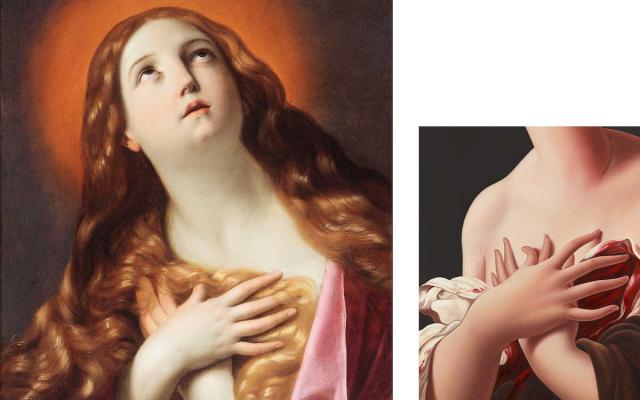
© » ART & OBJECT
Highlights from The Winter Show 2024 | Art & Object Skip to main content Subscribe to our free e-letter! Webform Your Email Address Role Art Collector/Enthusiast Artist Art World Professional Academic Country USA Afghanistan Albania Algeria American Samoa Andorra Angola Anguilla Antarctica Antigua & Barbuda Argentina Armenia Aruba Ascension Island Australia Austria Azerbaijan Bahamas Bahrain Bangladesh Barbados Belarus Belgium Belize Benin Bermuda Bhutan Bolivia Bosnia & Herzegovina Botswana Bouvet Island Brazil British Indian Ocean Territory British Virgin Islands Brunei Bulgaria Burkina Faso Burundi Cambodia Cameroon Canada Canary Islands Cape Verde Caribbean Netherlands Cayman Islands Central African Republic Ceuta & Melilla Chad Chile China Christmas Island Clipperton Island Cocos (Keeling) Islands Colombia Comoros Congo - Brazzaville Congo - Kinshasa Cook Islands Costa Rica Croatia Cuba Curaçao Cyprus Czechia Côte d’Ivoire Denmark Diego Garcia Djibouti Dominica Dominican Republic Ecuador Egypt El Salvador Equatorial Guinea Eritrea Estonia Eswatini Ethiopia Falkland Islands Faroe Islands Fiji Finland France French Guiana French Polynesia French Southern Territories Gabon Gambia Georgia Germany Ghana Gibraltar Greece Greenland Grenada Guadeloupe Guam Guatemala Guernsey Guinea Guinea-Bissau Guyana Haiti Heard & McDonald Islands Honduras Hong Kong SAR China Hungary Iceland India Indonesia Iran Iraq Ireland Isle of Man Israel Italy Jamaica Japan Jersey Jordan Kazakhstan Kenya Kiribati Kosovo Kuwait Kyrgyzstan Laos Latvia Lebanon Lesotho Liberia Libya Liechtenstein Lithuania Luxembourg Macao SAR China Madagascar Malawi Malaysia Maldives Mali Malta Marshall Islands Martinique Mauritania Mauritius Mayotte Mexico Micronesia Moldova Monaco Mongolia Montenegro Montserrat Morocco Mozambique Myanmar (Burma) Namibia Nauru Nepal Netherlands Netherlands Antilles New Caledonia New Zealand Nicaragua Niger Nigeria Niue Norfolk Island Northern Mariana Islands North Korea North Macedonia Norway Oman Outlying Oceania Pakistan Palau Palestinian Territories Panama Papua New Guinea Paraguay Peru Philippines Pitcairn Islands Poland Portugal Puerto Rico Qatar Romania Russia Rwanda Réunion Samoa San Marino Saudi Arabia Senegal Serbia Seychelles Sierra Leone Singapore Sint Maarten Slovakia Slovenia Solomon Islands Somalia South Africa South Georgia & South Sandwich Islands South Korea South Sudan Spain Sri Lanka St...

© » KADIST
Yosuke Takeda
2014Yosuke Takeda gives the viewer brightly colored views, each of which he has searched out and patiently waited for...

© » ARTS EQUATOR
Weekly Southeast Asian Radar: Malaysia reopens theatres; playwright Alfian Sa'at dragged into politics | ArtsEquator Thinking and Talking about Arts and Culture in Southeast Asia ArtsEquator Radar DPAC June 25, 2020 ArtsEquator’s Southeast Asia Radar features articles and posts about arts and culture in Southeast Asia, drawn from local and regional websites and publications – aggregated content from outside sources, so we are exposed to a multitude of voices in the region...
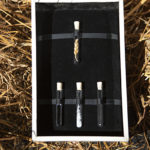
© » ARTS EQUATOR
Migrant Ecologies Project: A Grain of Wheat Inside a Salt Water Crocodile | ArtsEquator Thinking and Talking about Arts and Culture in Southeast Asia Grain of Wheat July 8, 2019 A biscuit tin formerly containing Mermaid Brand Cream Crackers with wheat designs on the outside was chosen as the box to house the wheat as well as test tubes of salt, needles and Singapore’s very own NEWater – all for the wheat’s ritual protection...

© » SLASH PARIS
Chambre à brouillard — Juliette Agnel, Clément Bagot, Nicolas Darrot, Youcef Korichi, Alyssa Verbizh, Anne-Charlotte Yver — L’ahah Griset — Exhibition — Slash Paris Login Newsletter Twitter Facebook Chambre à brouillard — Juliette Agnel, Clément Bagot, Nicolas Darrot, Youcef Korichi, Alyssa Verbizh, Anne-Charlotte Yver — L’ahah Griset — Exhibition — Slash Paris English Français Home Events Artists Venues Magazine Videos Back Chambre à brouillard — Juliette Agnel, Clément Bagot, Nicolas Darrot, Youcef Korichi, Alyssa Verbizh, Anne-Charlotte Yver Exhibition Drawing, publishing, film, installation.....



